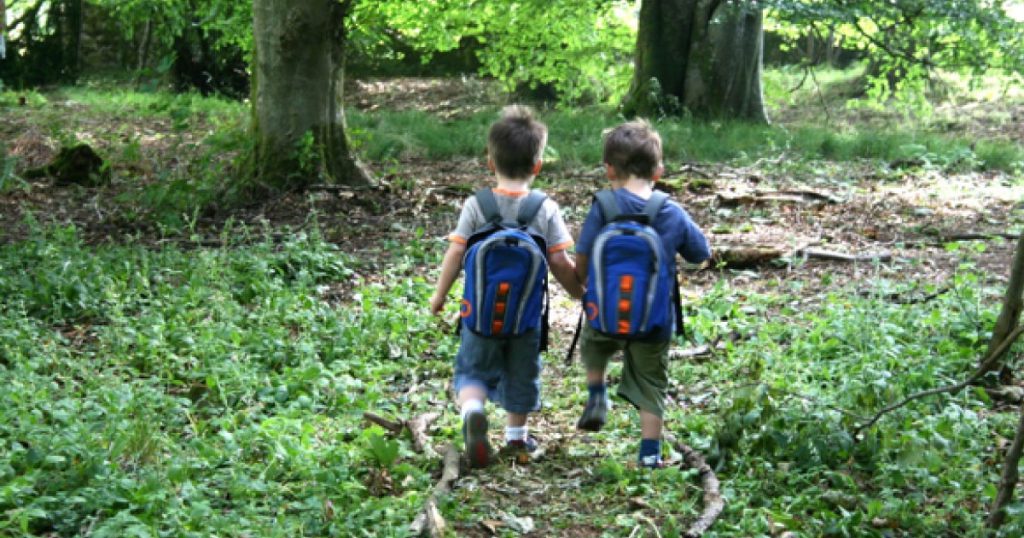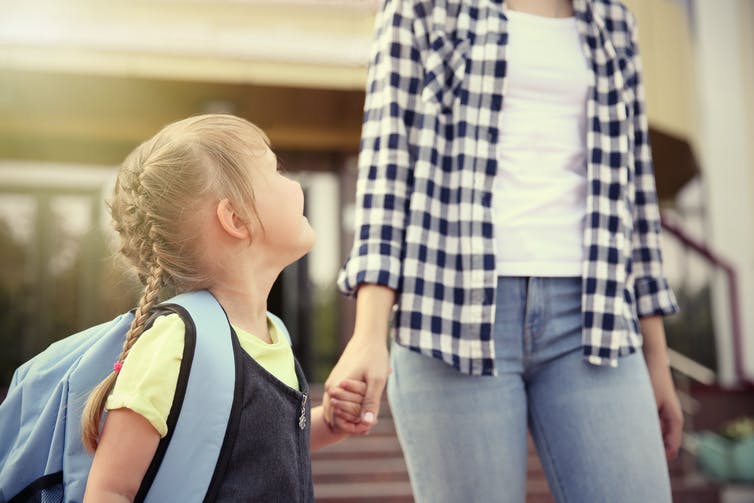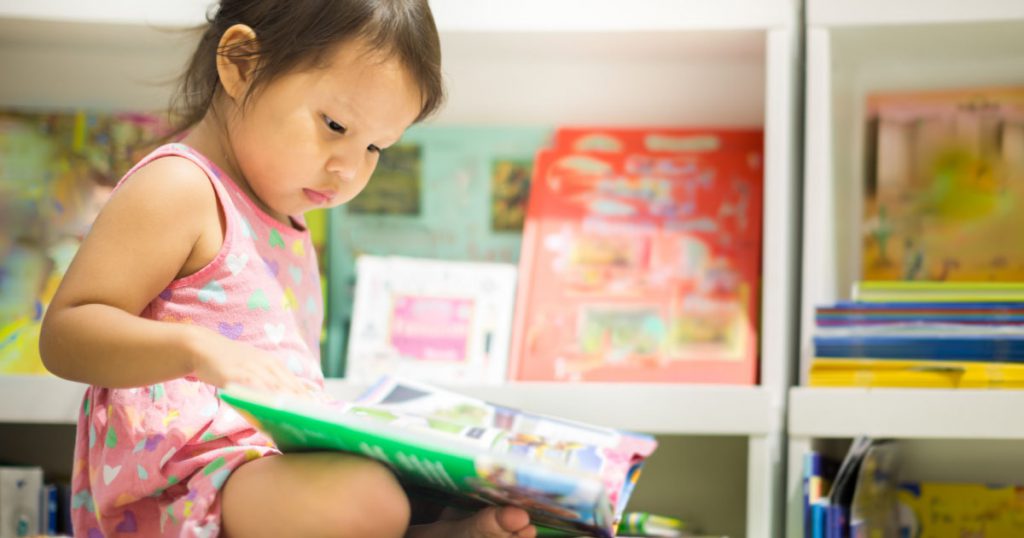
If you spend time around little kids, you may notice one topic seems to be more interesting and hilarious than any other.
Children of all ages love to make comments and jokes about bums and poos (as the many popular books on the topic show).
Why do kids love “toilet talk” so much? And is it a problem?
What does Freud say?
One explanation lies in developmental psychology and Sigmund Freud’s theory of psychosexual development. He described five stages of psychosexual development, and argued the way a child progresses through these stages helps to shape their personality over time.
According to Freud, usually between about one and four years, children go through the “anal stage” where there is a focus on controlling bowel movements for toilet training. Freud has much to say about this stage, including the child’s struggle to resolve the conflict to either hold onto the poo or let it out, which is influenced by how parents manage toilet training.
While Freud’s work has been the subject of much debate over many years, he reminds us that, as children learn this new skill of control, their interest in all things poo and bums can increase.
It’s a fascinating business
This time also coincides with children’s increasing awareness of their different body parts and how they work.
New bodily experiences can be fascinating, and with new language skills, there can be much joy in talking about them, over and over again.
Isn’t it funny, for example, to see how your body makes different noises when it is full or bloated?
Farting, while universal, is also socially taboo. It is also this psychological tension that makes it a source of laughter as children are learning what is socially acceptable and what is not.
It gets a reaction
Research also suggests primary school-aged children like to be provocative about these topics – seeing what sort of a reaction they get when they joke about bums and poo.
Parents of primary school kids will no doubt agree.
Kids can find these jokes hysterical, and work out that if they continue, they will often make others laugh too. How funny is it when mum or dad are trying to be serious but then break into giggles?
This in and of itself is reinforcing, and can also provide important moments of family connection, bonding and health.
Funny poo talk can provide opportunities for parents to talk with children about the importance of good food choices and gut health (to help, you could try reading There’s a Zoo in My Poo by Felice Jacka and Rob Craw.)
True, sometimes (even a lot of times) children might push the boundary too far. This is when some gentle reminders are needed about what is okay for the room as well as modelling appropriate chit chat.
For example, “we don’t talk about poo while we’re eating” or “we don’t make fart jokes in front of people we just met.”
Children might also need gentle reminding that they don’t use these words to put down other people, such as “you are a bumhead” or “poo face”.
What can parents do?
It’s important for parents to use correct terminology for body parts and bodily functions.
Taking a matter-of-fact approach shows kids this is just a normal, natural part of life. For example, “when you poo it is your body’s way of getting rid of all the things that it does not need – it is really healthy to poo every day”.
It also helps prepare children for transition out of this phase of fascination with bums, usually around the age of eight.
This approach can also be helpful if your child experiences constipation or has problems with soiling. Parents need to be able to talk openly and honestly about poo, and what worries the child might have that could be affecting their bowel movements.
Parents also need to show confidence and comfort in talking about these topics as they are a precursor for other topics, such as puberty and sex.
What is most important is parents and other trusted adults provide a space for children to feel comfortable with their bodies and talk about anything they might not understand.
And, of course, to have the opportunity to learn when bums and poo talk works for a laugh, and when it might need to be left in the toilet!
![]()
Catherine E. Wood does not work for, consult, own shares in or receive funding from any company or organisation that would benefit from this article, and has disclosed no relevant affiliations beyond their academic appointment.
Read More: Read More



